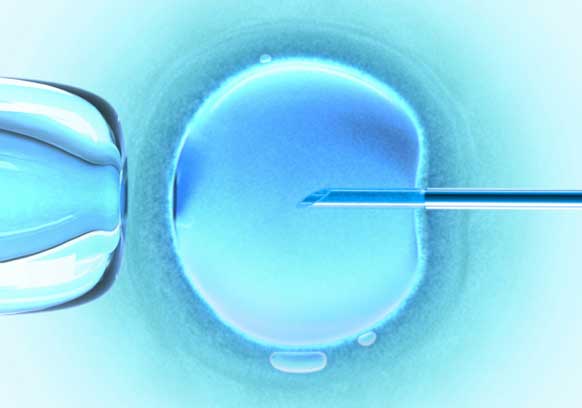Study Reveals New Way to Increase IVF Success
April 26, 2013

Samples from the Women and Infants Health Specimen Consortium led to a discovery by Washington University MD/PhD student Antonina I. Frovola and colleagues that could help increase successful in vitro fertilization outcomes.
As described in the Lotus Blossom Consulting blog, Frovola studied the effects of women’s essential fatty acid levels on IVF success:
The study investigated the relationship between serum levels of polyunsaturated fatty acids (PUFAs) and embryo implantation success in women that were receiving IVF. Fasting serum levels were taken from 200 women in the Women and Infants Health Specimen Consortium. Levels measured included linoleic acid (LA), alpha-linoleic acid (ALA), eicosapentaenoic acid (EPA), arachidonic acid (AA), and docosahexaenoic acid (DHA). Women were then divided into two groups: those that conceived and those that did not.
The results point to a clear link between fatty acid levels and IVF outcomes:
Although researchers did not find any associations between single PUFA levels and successful pregnancy, they did find a significant difference in pregnancy rates among women that had higher levels of specific PUFA combinations.
Noting that clinical trials will be necessary to develop specific PUFA recommendations that physicians can use to counsel women receiving IVF, Frivola explains:
“Our findings are significant, as they suggest dietary intake of specific PUFAs may be altered to benefit women undergoing IVF. Specifically, the study suggests that omega-3 and omega-6 PUFAs may have opposing effects in the endometrium, similar to other tissues.”
Read more about the study on the Lotus Blossom Consulting blog.
